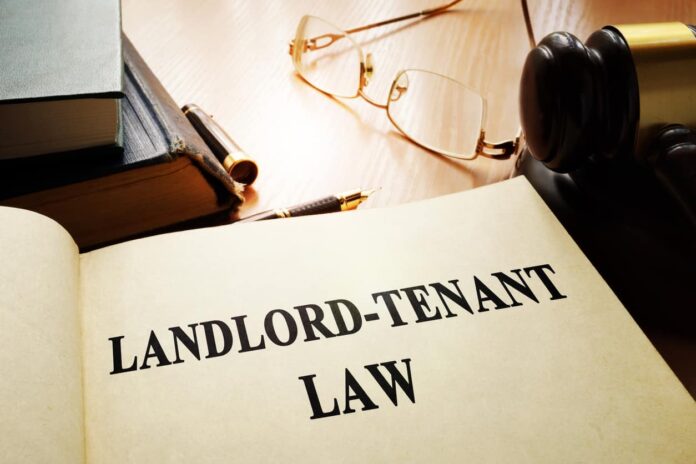When it comes to finding apartments for rent, tenants often have high hopes for their new homes. However, disputes with landlords can sometimes arise, causing stress and frustration. Whether it’s issues with repairs, maintenance, security deposits, or lease terms, knowing how to navigate these disputes is crucial for a peaceful renting experience. In this article, we’ll explore mediation and legal options to help tenants resolve conflicts with their landlords effectively.
Mediation: A Peaceful Resolution
Mediation is often an excellent first step in resolving landlord-tenant disputes. It involves a neutral third party, known as a mediator, who assists both parties in reaching a mutually acceptable solution. Mediation can be less adversarial and more cost-effective than going to court, making it an attractive option for many tenants.
Benefits of Mediation
- Saves Time and Money: Mediation is typically faster and less expensive than going to court. It can help both parties avoid the lengthy and costly legal process.
- Preserves Relationships: Mediation encourages open communication and cooperation. This can help maintain a more amicable relationship between tenants and landlords, which can be important if you plan to continue renting from the same landlord.
- Control Over the Outcome: In mediation, both parties have more control over the resolution. This can lead to outcomes that better suit their needs and preferences.
- Confidentiality: Mediation sessions are private, unlike court proceedings, which are often public. This can help protect your privacy.
To find a qualified mediator, you can contact your local tenant advocacy organization or search for mediators specializing in landlord-tenant disputes in your area.
Legal Options: When Mediation Fails
While mediation is a valuable tool for resolving disputes, it may not always lead to a satisfactory resolution. In such cases, tenants may need to explore their legal options to protect their rights.
1. Review Your Lease Agreement
The first step when considering legal action is to carefully review your lease agreement. Ensure that you understand all the terms, conditions, and responsibilities outlined in the lease. Pay attention to sections related to repairs, maintenance, security deposits, and termination procedures. Knowing your rights and responsibilities as a tenant is crucial when pursuing legal action.
2. Contact Your Local Tenant Union or Organization
Many areas have tenant unions or organizations that provide support and guidance to renters facing disputes with their landlords. These organizations can offer valuable resources, including information on local tenant laws, sample letters for addressing issues with your landlord, and referrals to attorneys who specialize in landlord-tenant disputes.
3. Consult with an Attorney
If mediation and assistance from tenant organizations do not resolve your dispute, it may be time to consult with an attorney who specializes in landlord-tenant law. An attorney can provide legal advice, assess the strength of your case, and represent you in negotiations or court proceedings if necessary.
4. Document Everything
Regardless of whether you pursue mediation, consult with an attorney, or take legal action, it’s essential to keep thorough records of all interactions with your landlord. This includes communication (emails, letters, texts), photographs of any issues or damages, receipts for rent payments, and records of repair requests. These documents can be valuable evidence if your case goes to court.
5. Know Your Rights Under Local Laws
Tenant rights and landlord responsibilities can vary significantly by location. Familiarize yourself with your local tenant laws and regulations, as they can provide you with specific protections and remedies. Local laws often cover areas such as security deposits, eviction procedures, and habitability standards.
6. Consider Small Claims Court
If your dispute involves a relatively small monetary amount, you may opt to pursue the matter in small claims court. Small claims court is designed to handle disputes without the need for extensive legal representation. It typically has simplified procedures and lower filing fees, making it more accessible to tenants seeking resolution for smaller disputes.
In conclusion, dealing with landlord disputes can be challenging, but knowing your options can empower you to find a resolution that best suits your needs. Mediation is often a helpful first step, promoting open communication and cooperation. However, if mediation fails, understanding your legal options, consulting with experts, and documenting your interactions are essential steps in pursuing a fair and just resolution. By being informed and proactive, tenants can protect their rights and ensure a more peaceful renting experience.
Remember that tenant laws can change over time, so it’s always a good idea to stay updated on the latest regulations in your area. Seeking legal advice from a qualified attorney is advisable for complex or high-stakes disputes.




